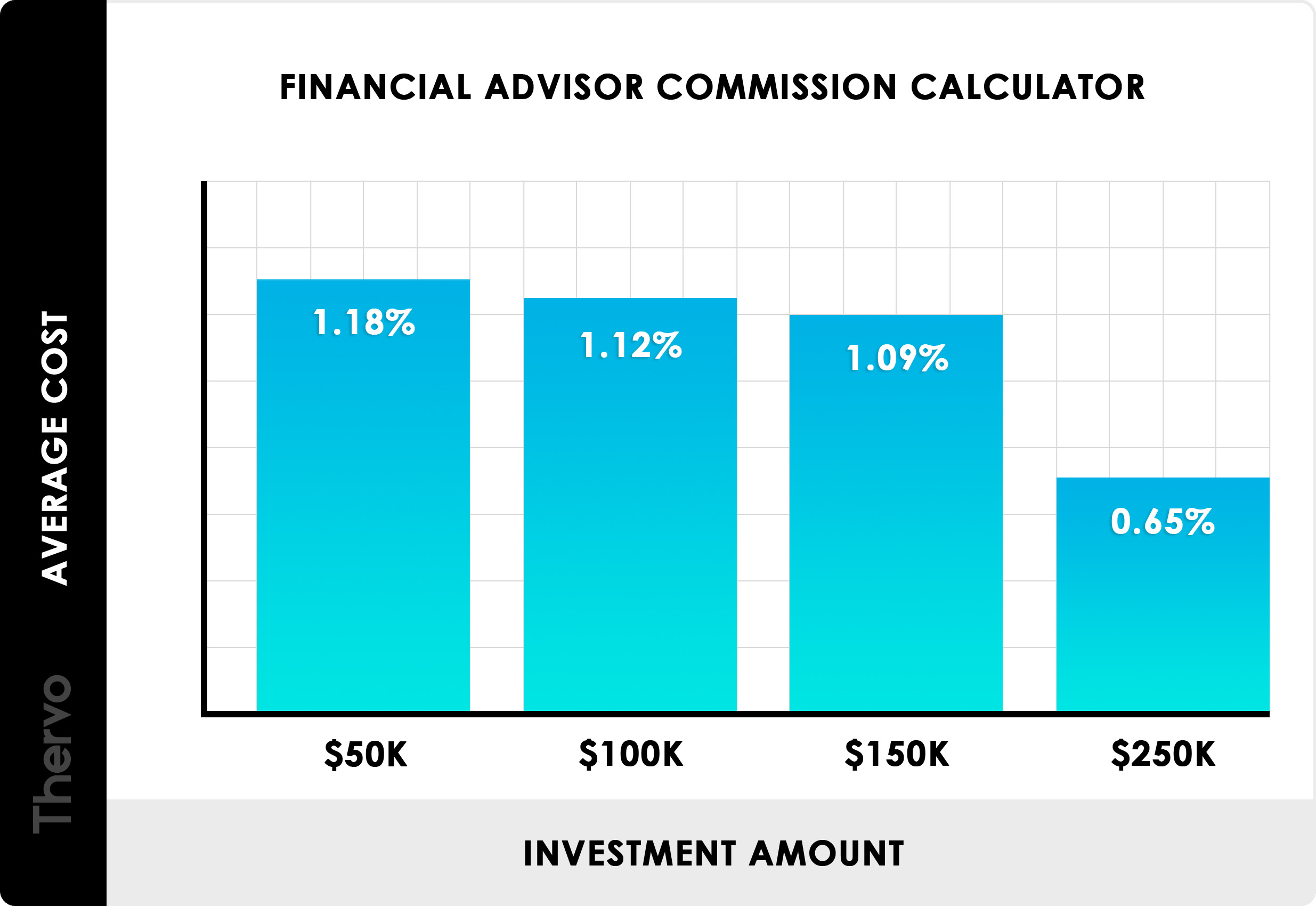
Financial advisors are valuable resources, no matter if you have a stable income. As a business owner, you may not have the time to manage your own finances and need someone who can help you scale your business and solidify your cash flow. While advisors may not give the same level of assistance as accountants, they can help make the most of your money. Here are some examples where advisors may prove to be helpful:
Fee-only advisors are fiduciary
What makes a fee-only financial advisor a fiduciary? Fee-only advisers are not restricted to the traditional financial industry. These advisors can offer comprehensive financial plans that include tax planning, estate planning and Social Security optimization. Other than fee-only advice, fee only financial advisors are able to offer other financial services like insurance planning or estate plan. These advisors are often not tied to specific financial products, which makes them more objective.
A fiduciary is a fee-only professional who works as a financial planner. They must act in the best interest of their clients and not their own. Their advice must reflect their clients' risk tolerances and goals. They must also disclose any conflicts of interest. Although fee-only financial advisors can be more expensive than others, they will always provide impartial advice. A fee-only financial advisor can help you reach your financial goals, without the hassle of making investment decisions.

Commission-based advisors are paid for certain investments sold
Commission-based advisors work for a brokerage firm and earn money when you buy or sell a certain investment. Commission-based advisors generally earn more money when you buy more than one investment, but some do not. You might not want to buy expensive products because they receive a commission from each investment. Here are some facts that will help you decide if you should consider commission-based advisors.
First, financial advisors that are commission-based don't have the obligation to act in the role of fiduciaries. Their compensation is based on sales of certain investments, and it doesn't matter if that product is superior to a cheaper product. A commission-based adviser may be the right choice for small accounts that don't make certain investments very often. For larger accounts, a commission-based advisor may not be necessary.
Hourly rate
The hourly rate paid by a financial consultant is affected by several factors. First, the hours an advisor spends with clients are highly variable. An advisor usually spends between twenty-two and seven hours with each client. Next, the advisor must make time for his or her professional development. An hourly wage allows financial advisors to keep their time balanced between other tasks and allow them to still develop themselves.
A financial advisor can charge by a percentage of the assets under their management, in addition to hourly rates. Many experienced advisors will charge upwards of $400 per hour. If the advisor is only investing or has a smaller portfolio, the hourly rate could be lower. Additionally, a financial advisor's rate depends on their level of experience and area of expertise. An hourly rate for client-facing work can range from $150 to $450.

Commission-based advisors charge a retainer fee
The primary distinction between commission-based financial advisors and retainer-based advisors is their compensation. A financial advisor working on a fixed-fee schedule may charge a retainer, but they can also charge soft-dollar commissions based upon the sales of investment products. Commission-based financial advisors can also earn commissions from third-party referrals and soft-dollar fees from custodians. You may also find other services included in your retainer fee.
While commission-based financial advisors are not prohibited from using third-party products to advise clients, they do not have the same level of client protections. Although their fees may be slightly higher than other types of advisors, it is a small price to make for your peace of mind. Commission-based advisors do not have to disclose conflicts, unlike other types. Commission-based financial advisors don’t have to comply with a fiduciary standards. They can recommend products for their employers that may be best for them, even though they might not be the best for clients.
FAQ
What is risk management and investment management?
Risk management is the art of managing risks through the assessment and mitigation of potential losses. It involves identifying, measuring, monitoring, and controlling risks.
Any investment strategy must incorporate risk management. The purpose of risk management, is to minimize loss and maximize return.
The following are key elements to risk management:
-
Identifying sources of risk
-
Monitoring the risk and measuring it
-
How to control the risk
-
How to manage the risk
What is retirement plan?
Retirement planning is an essential part of financial planning. It allows you to plan for your future and ensures that you can live comfortably in retirement.
Retirement planning is about looking at the many options available to one, such as investing in stocks and bonds, life insurance and tax-avantaged accounts.
Who Should Use A Wealth Manager?
Everyone who wishes to increase their wealth must understand the risks.
It is possible that people who are unfamiliar with investing may not fully understand the concept risk. Poor investment decisions could result in them losing their money.
Even those who have already been wealthy, the same applies. Some may believe they have enough money that will last them a lifetime. But they might not realize that this isn’t always true. They could lose everything if their actions aren’t taken seriously.
As such, everyone needs to consider their own personal circumstances when deciding whether to use a wealth manager or not.
What are the benefits of wealth management?
Wealth management offers the advantage that you can access financial services at any hour. It doesn't matter if you are in retirement or not. It also makes sense if you want to save money for a rainy day.
You can choose to invest your savings in different ways to get the most out of your money.
To earn interest, you can invest your money in shares or bonds. You can also purchase property to increase your income.
If you use a wealth manger, someone else will look after your money. You don't have to worry about protecting your investments.
Statistics
- US resident who opens a new IBKR Pro individual or joint account receives a 0.25% rate reduction on margin loans. (nerdwallet.com)
- Newer, fully-automated Roboadvisor platforms intended as wealth management tools for ordinary individuals often charge far less than 1% per year of AUM and come with low minimum account balances to get started. (investopedia.com)
- As of 2020, it is estimated that the wealth management industry had an AUM of upwards of $112 trillion globally. (investopedia.com)
- A recent survey of financial advisors finds the median advisory fee (up to $1 million AUM) is just around 1%.1 (investopedia.com)
External Links
How To
How to become Wealth Advisor
A wealth advisor can help you build your own career within the financial services industry. This career has many possibilities and requires many skills. If you have these qualities, then you can get a job easily. The main task of a wealth adviser is to provide advice to people who invest money and make decisions based on this advice.
Before you can start working as wealth adviser, it is important to choose the right training course. You should be able to take courses in personal finance, tax law and investments. And after completing the course successfully, you can apply for a license to work as a wealth adviser.
Here are some suggestions on how you can become a wealth manager:
-
First, let's talk about what a wealth advisor is.
-
You should learn all the laws concerning the securities market.
-
The basics of accounting and taxes should be studied.
-
After you complete your education, take practice tests and pass exams.
-
Finally, you will need to register on the official site of the state where your residence is located.
-
Apply for a licence to work.
-
Give clients a business card.
-
Start working!
Wealth advisors typically earn between $40k and $60k per year.
The size and geographic location of the firm affects the salary. Therefore, you need to choose the best firm based upon your experience and qualifications to increase your earning potential.
To sum up, we can say that wealth advisors play an important role in our economy. Everyone should be aware of their rights. Moreover, they should know how to protect themselves from fraud and illegal activities.